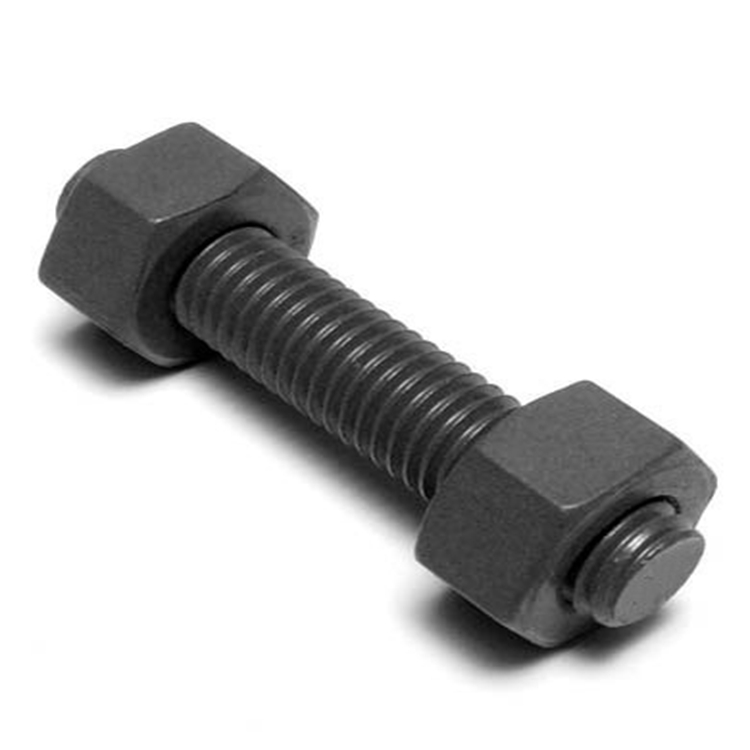400 gr crossbow bolts exporter
Oct . 19, 2024 03:58 Back to list
400 gr crossbow bolts exporter
The Rising Demand for 400% Crossbow Bolts A Comprehensive Overview of Exporters
In recent years, the crossbow market has experienced a significant surge in popularity, particularly with the increasing interest in hunting, archery, and competitive sports. Among the most pivotal components of crossbows are the bolts; specifically, 400% crossbow bolts have garnered substantial attention from both enthusiasts and exporters alike. This article delves into the reasons behind the growing demand for these specialized bolts and explores the role of exporters in this thriving market.
Understanding 400% Crossbow Bolts
Crossbow bolts are short arrows designed for use with crossbows, and their specifications play a critical role in achieving accuracy, speed, and power. The term 400% often refers to the weight range and spine stiffness of the bolts, which is crucial for ensuring optimal performance. Generally, bolts labeled as 400% can range in weight from 300 to 350 grains, with specific spine ratings that cater to different draw weights of crossbows. This makes them a versatile choice for various shooting styles and conditions.
Factors Driving Demand
1. Increasing Interest in Outdoor Activities The trend of engaging in outdoor sports and recreational activities has gained momentum in recent years. As more individuals seek thrills in nature, crossbow hunting and shooting have become popular pastimes. This rising interest is directly linked to the growing demand for high-quality crossbow bolts.
2. Technological Advancements Advances in manufacturing technology have led to the production of more durable, lightweight, and aerodynamic bolts. These improvements enhance accuracy and performance, making 400% crossbow bolts an attractive option for both amateur and professional users.
3. Hunting Regulations and Practices Many regions have specific hunting regulations, often allowing the use of crossbows for extended seasons. As hunters seek reliable equipment to comply with these regulations, the demand for robust and efficient crossbow bolts, such as the 400% variety, has consequently increased.
400 gr crossbow bolts exporter

The Role of Exporters
With the surge in demand for crossbow bolts, exporters have emerged as crucial players in the global market. They bridge the gap between manufacturers and consumers, facilitating the distribution of these essential components to various regions. Exporters are tasked with several key responsibilities
1. Sourcing Quality Products Reputable exporters collaborate with trusted manufacturers to ensure that the crossbow bolts they supply meet international quality standards. This sourcing process is vital, as it impacts the performance and safety of the products sold.
2. Navigating Regulations The export of crossbow bolts often involves navigating complex regulations, including those related to customs and export controls. Experienced exporters understand these regulations and ensure compliance, allowing for smooth transactions across borders.
3. Market Research and Outreach Successful exporters stay informed about market trends and customer preferences. They conduct market research to identify emerging opportunities and develop strategies for outreach, ensuring they meet the needs of their clientele effectively.
4. Customer Service and Support Beyond the logistics of exporting, customer service plays a pivotal role. Exporters provide support to retailers and end-users, offering advice on product specifications and usage, thereby enhancing the overall customer experience.
Conclusion
The demand for 400% crossbow bolts continues to rise as more individuals engage in outdoor sports and hunting. Exporters play a fundamental role in this growing market by ensuring the availability of quality products and facilitating global trade. As technological advancements continue to enhance bolt performance, the future looks bright for exporters specializing in crossbow components. As the market evolves, staying attuned to consumer needs and maintaining high standards of quality will be essential for success in the dynamic landscape of crossbow bolt exports.
Latest news
-
High-Quality Panel Stud Bolt Reliable Panel Stud Bolt Factory & Suppliers
NewsJul.08,2025
-
High-Precision Fine Thread Locknuts Manufacturer & Supplier Custom Solutions
NewsJul.08,2025
-
PH Imperial Stud Bolt – High Strength Fasteners from Leading Supplier & Factory
NewsJul.07,2025
-
High-Quality Allen Wrench Bolts Leading Factory, Company & Suppliers
NewsJul.07,2025
-
Wholesale Ball Stud Bolt - High Quality Supplier & Factory Price Reliable Wholesale Ball Stud Bolt Company
NewsJul.06,2025
-
High-Strength Alloy Bolts Manufacturer & Supplier Quality Alloy Fasteners Factory
NewsJul.06,2025
